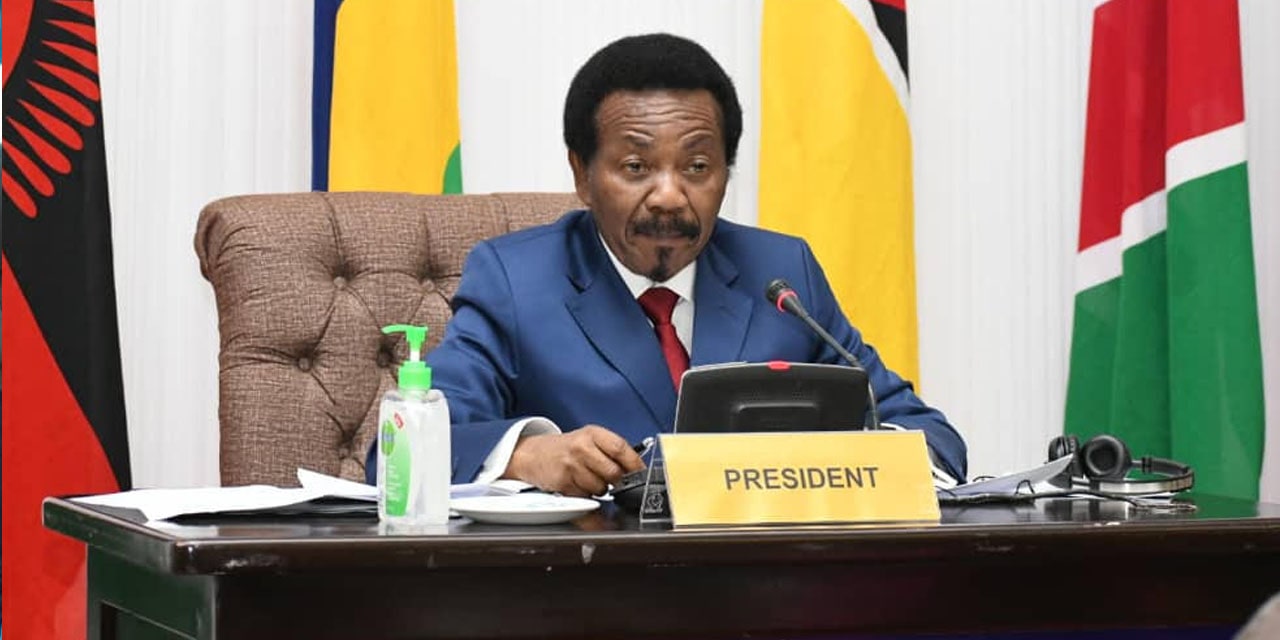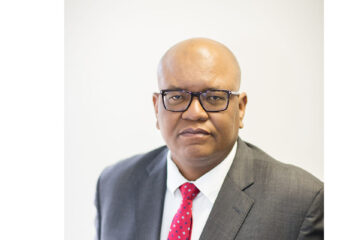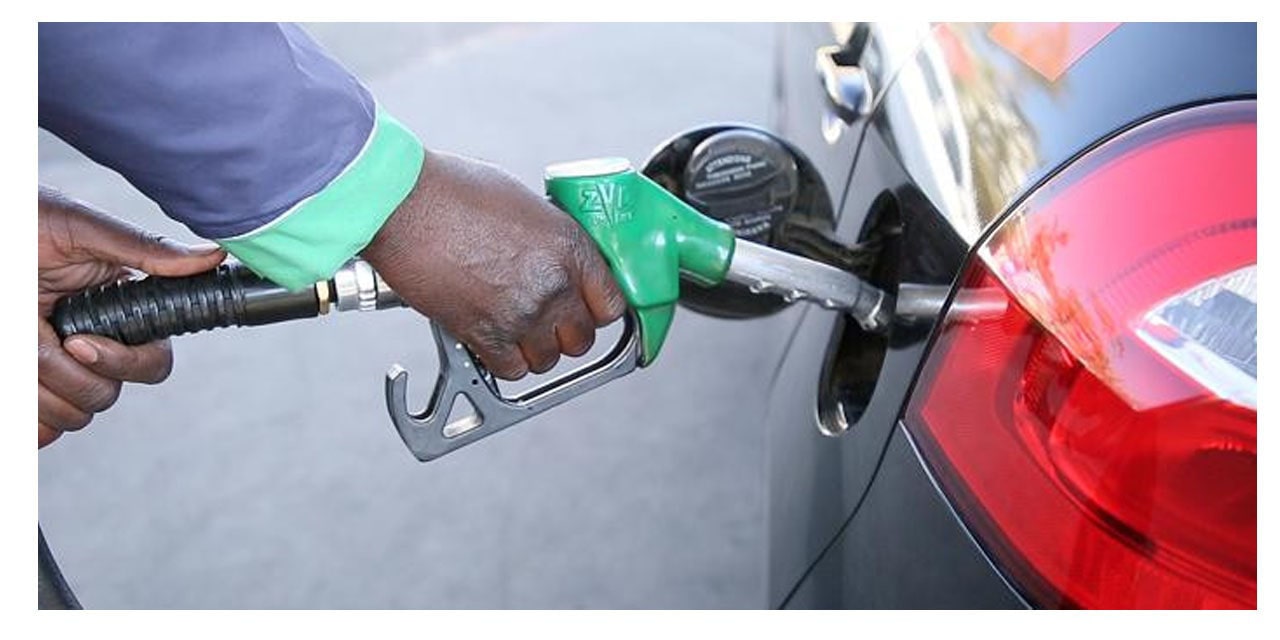Moses Magadza in Malawi
LILONGWE – THE Southern Africa Development Community must turn to green renewable energy if it is to become self-sufficient in its energy needs.
This was said by Honorable Christophe Mboso N’kodi Pwanga, the President of the SADC Parliamentary Forum when he spoke at the start of a symposium during the opening session of the 51st Plenary Assembly of the Forum in Lilongwe, Malawi yesterday (11 July 2022).
Honourable Mboso, who is also the Speaker of the National Assembly of the Democratic Republic of Congo (DRC), said it would be amiss if the SADC, an interconnected region, does not turn to renewable energy, especially at a time the prices of fossil fuel have soared on the international market, and yet the sun, wind and sea are easily accessible assets in southern Africa.
“Parliament must find the means to encourage stakeholders to innovate or engineer to tap into these natural assets and generate safe and quality electricity at affordable prices,” he said.
Countries including Namibia already have ambitious plans to establish green and blue economies to tackle climate change and drive economic recovery.
The SADC energy sector is plagued with challenges that include low access; power shortages; constrained and ageing infrastructure; lack of funding for new infrastructure; low tariffs, poor project preparation.
It also faces weak energy policy and regulatory instruments; over-reliance on coal, which runs contrary to global efforts to curb greenhouse gas emissions; reliance on hydro-power, which is highly susceptible to climate change; revenue collection, affordability and policy and regulatory shortcomings that impede the development of renewable energy.
Honourable Mboso said parliament, situated at the helm of the state, needs to be circumspect of the broad spectrum of energy demands, from energy for high-end manufacturing industries, to energy for medium businesses as well as energy for routine household purposes.
“Achieving energy efficiency at all these levels requires astute parliamentary involvement through targeted legislation that provides incentives to save energy, budgets that fund eco-friendly measures and appliances, oversight work that holds government to account on affordability of energy, and representative action that allows concerns of citizens to be escalated upwards to parliament.
“In addition, the energy grid should be democratised in the sense that both significant Megawatt producers and small Independent Power Producers (IPPs) should be given incentives to generate electricity from renewable energy sources at low costs,” he said.
The SADC President keenly welcomed the theme of the deliberations: “Towards Energy Efficiency, Sustainability and Self-sufficiency in the SADC Region” which he said sets the SADC-PF in motion towards leveraging parliaments to address energy needs and power consumption.
He said this theme is of crucial importance to the SADC region, in particular because of the traditional notion that energy is to be a self-regulated sector which has to be left to the whims of market forces alone.
Honourable Mboso said the traditional view was that if new forms of energy are to produced, if at all, this should be left to the industry which is single-handedly allowed to determine the form and nature of the energy that can be produced at affordable prices, was misleading.
“Within this context, energy agreements between countries are unregulated and depend only on freedom of contracts,” he noted.
He added that with the concerns related to climate action and with the recent energy crisis prompted by the situation in Eastern Europe, it was clear that this notion of energy procurement is obsolete and has to change.
“Indeed, it is time for parliaments to be preoccupied with energy procurement, its form and content and align it with the affordability of consumers as well as environmental concerns,” he said.
For this to happen, Honourable Mboso believes it is quintessential for parliaments to understand the dynamics of the energy industry and the needs of consumers at national level, in particular those who are most vulnerable and need products such as gasoline to light kitchen stoves for daily food, or to power generators for household purposes.
He encouraged participants to engage actively with the presenters in view of addressing their concerns on energy efficiency and self-sufficiency.
“The road to energy self-sufficiency may not be straightforward but I am confident the momentum of SADC parliaments will work positively to unlock the innate potential of the region so that we can stand on our own feet and generate our own power,” he said.
The region started experiencing a power crisis in 2008, and this jolted the region into action, leading to the introduction of new policies and planning frameworks and development of new generation and transmission projects.
As the SADC region industrialises, on its path to improved human development, energy production and distribution has also increased in importance, forcing the bloc to turn to renewable energy to make up for the shortfalls from conventional generation methods.
The region is already implementing the SADC Renewable Energy Entrepreneurship Support Facility in the 16-member grouping, building on an agreement between SACREEE and the International Renewable Energy Agency (IRENA), signed in February 2017, to support renewable energy market development in the region through capacity building of SMEs.
The facility serves as a technical support and mentorship platform to address some of the challenges experienced by the entrepreneurs, specifically, to enhance and strengthen the capacity of SMEs in assessing the business potentials of sustainable energy, developing viable business plans and loan requests, managing and maintaining their businesses successfully.
Furthermore, the facility also aims to increase the confidence of financial institutions in sustainable energy systems and create linkages between the entrepreneurs and financial institutions.
Recognising the fundamental role of energy in accomplishing its goals, SADC passed the Protocol on Energy in 1996, which provides a framework for cooperation on energy policy among SADC member states.
The region faces significant challenges in energy development and usage with the Regional Infrastructure Development Master Plan Assessment Report of 2019 highlighting that only 32% of rural areas in the region have access to electricity.
The other challenge is that SADC falls behind in Africa regarding access to electricity and although this shortage was expected to be rectified by 2019, projects intended to address the shortage lag behind deadline due to lack of funding.




